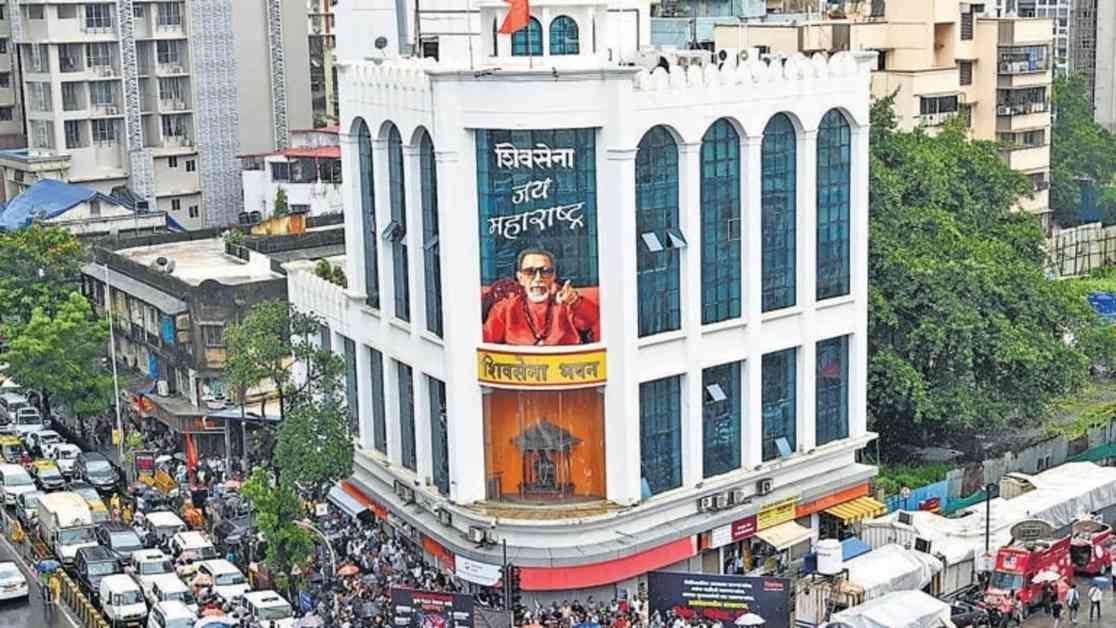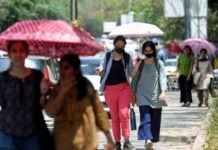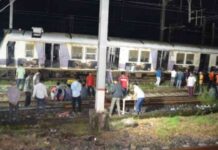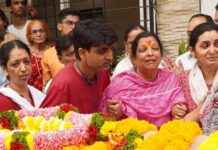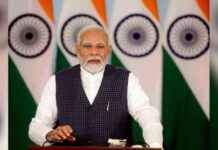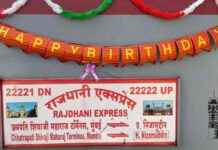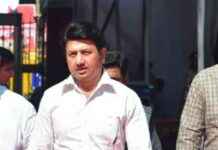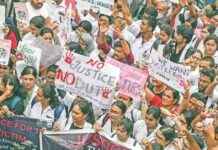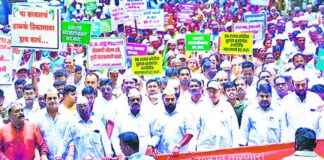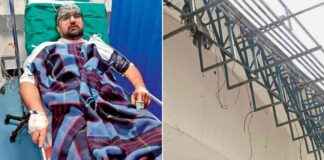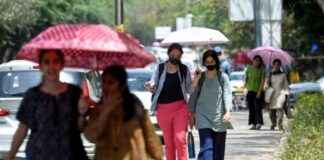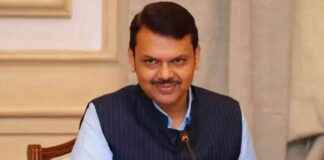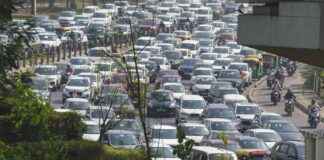I voted in yesterday’s polls. I must confess I no longer feel much pride in it. However, this time was also weird and baffling. My constituency Mahim witnessed a bizarre contest. All three prominent candidates belonging to different parties had a picture of the same person on their posters: Shiv Sena patriarch Balasaheb Thackeray. This prompted some reflection. Maybe I am taking politics too seriously. Or growing old.
I was born and grew up in central Mumbai; first Parel and later Prabhadevi where I live till today. Central Mumbai was once home to Mumbai’s working class and the Marathi Manoos. I am also half Marathi Manoos; my mother is Maharashtrian and even my father who came from the border with Karnataka spoke chaste Marathi. In other words, I also have some credentials as a Marathi Manoos. And have had a ringside view of central Mumbai and the Shiv Sena.
They built shakhas, settled local disputes, got jobs for locals, and promoted Vada Pav as Mumbai’s signature food. They ran Ganpati mandals and my childhood in a large Parel colony revolved around this festival. During my time at Parel’s KEM Hospital I had several interesting encounters with Sena leaders including a Balasaheb moment. It was 1992 and I was on duty at KEM’s emergency ward when a mob rushed in carrying a blood-drenched man in their arms. As we began to examine him, one of the men accosted me and said, “Vachla pahije” (must be saved). Soon a senior police officer took me aside and said, “This is Vitthal Chavan, a popular leader. There is a large mob gathered outside, please give us time to control the situation.” Chavan had bled to death by a bullet through his chest. We went through the CPR drill, put a breathing tube, and started blowing the lungs though it was clearly futile. Soon senior leaders of the Sena including Sudhir Joshi arrived and after I had briefed them about the facts, they made a request: Could I speak to Saheb? We went to the dean’s office and were connected to Balasaheb who said, “Doctor, vachnar ka?” When I responded in the negative, he just said, “Thank you doctor.”
Much has changed in central Mumbai. The wadis and the chawls have given way to skyscrapers and gated communities. Parel and Prabhadevi are now home to some of the costliest real estate in the country. When one drives down Bandra-Worli Sea Link one can see a skyline that resembles Manhattan’s, except that it hides many more Harlems. The Worli-Koliwada village which juts out into the sea is a grim reminder of the original residents of Mumbai. Incidentally, it falls in the constituency of Worli where a Bombay Scottish boy on one Sena’s ticket is fighting a Campion boy on another Sena’s ticket. Meanwhile whatever happened to the ordinary Marathi Manoos around me? The mill workers left the city after Datta Samant’s long strike was crushed. A few found employment as security guards in the high-rises and the malls. Most have been pushed out to the farthest suburbs. The vada pav stalls are still around but they have widened the variety in their menu.
There was a ‘Mumbai model’ during Covid which translated into the orderly control of the epidemic in a highly-dense city. Uddhav Thackeray as chief minister and Iqbal Chahal as MC commissioner acted in tandem to put up a good show of triaging beds, regulating hospitalizations including in private hospitals through a centralized control room. This must have saved lives. We are, of course, back to business as usual. If you are poor and unconnected in Mumbai with a life-threatening illness you are not guaranteed a hospital bed and could die. In a rare candid admission during the pandemic, an ex-mayor of the Shiv Sena said to me, “We should have built more hospitals than temples.”
I am not sure which of the three Senas is going to win Mahim. There is a poignant song from the 1974 Marathi movie ‘Saamna’ written by Vijay Tendulkar. As the character of Sriram Lagoo walks pensively across barren fields this song rises in the background: “Kunachaya khandyavara kunache oze?” (Whose burden is being carried by whose shoulders?). Elections will come and go and parties will win or lose but some questions are unlikely to be settled.
